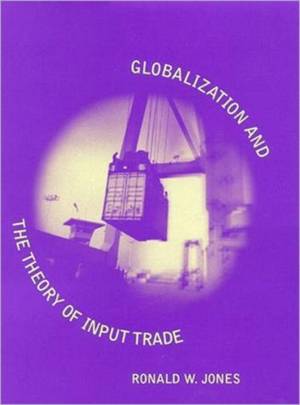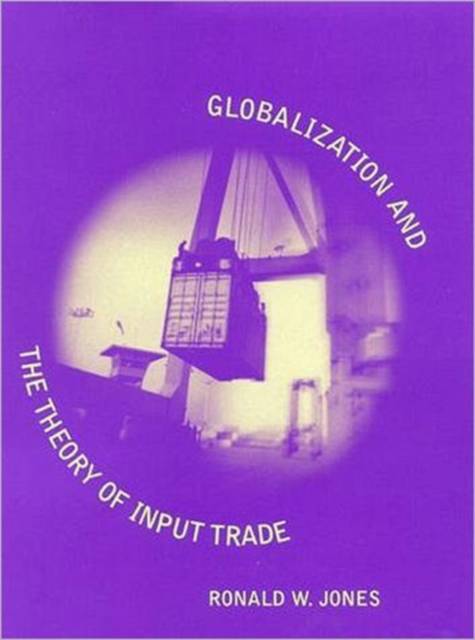
- Retrait gratuit dans votre magasin Club
- 7.000.000 titres dans notre catalogue
- Payer en toute sécurité
- Toujours un magasin près de chez vous
- Retrait gratuit dans votre magasin Club
- 7.000.0000 titres dans notre catalogue
- Payer en toute sécurité
- Toujours un magasin près de chez vous
Description
Ronald Jones suggests how the basic core of real trade theory can be modified to take into account the increased international mobility of inputs and productive factors.
As trade liberalization and the fragmentation of production processes promote greater international exchange of inputs, economists must adjust their thinking on trade issues. Transport costs have plummeted, and the difficulties of communicating between locales half a world apart have practically vanished. In this book Ronald Jones suggests how the basic core of real trade theory can be modified to take into account the increased international mobility of inputs and productive factors. He emphasizes the role of country hinterlands and how it is related to agglomeration effects in determining the location of economic activity. After discussing the positive aspects of enhanced mobility for output patterns and market prices, Jones evaluates the significance of globalization for governmental trade policies and public attitudes about regional alliances.
Spécifications
Parties prenantes
- Auteur(s) :
- Editeur:
Contenu
- Nombre de pages :
- 187
- Langue:
- Anglais
- Collection :
- Tome:
- n° 8
Caractéristiques
- EAN:
- 9780262100861
- Date de parution :
- 10-10-00
- Format:
- Livre relié
- Format numérique:
- Genaaid
- Dimensions :
- 144 mm x 210 mm
- Poids :
- 381 g

Les avis
Nous publions uniquement les avis qui respectent les conditions requises. Consultez nos conditions pour les avis.






